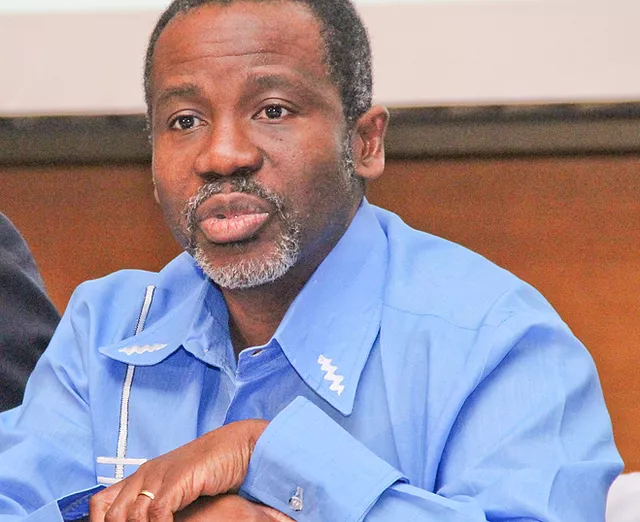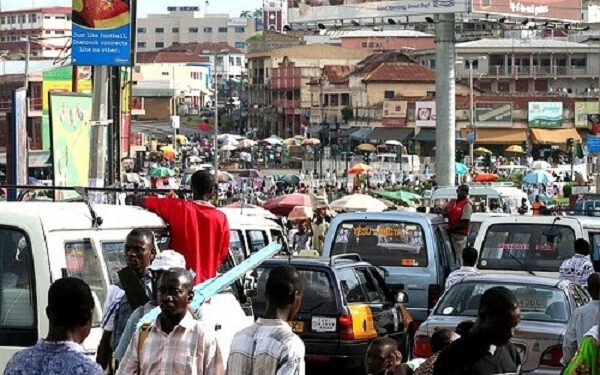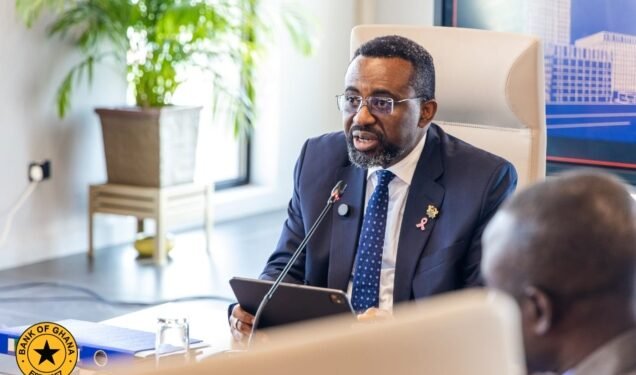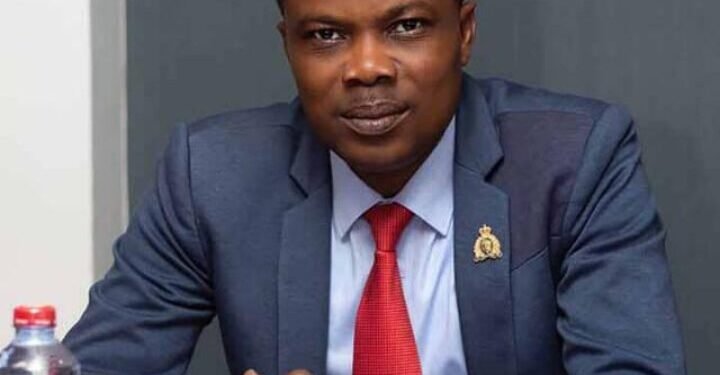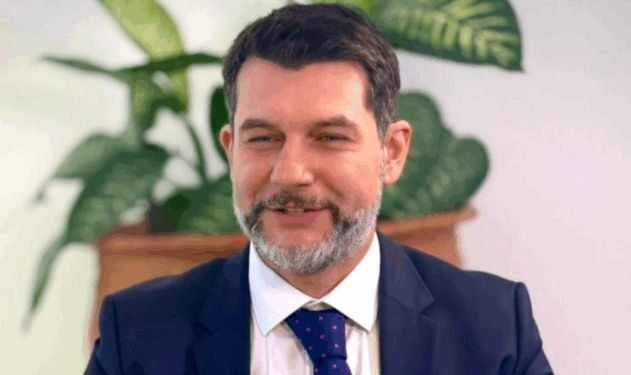The crisis in Ghana’s power sector has been laid bare once again, with energy expert Nii Darko Asante warning that the Electricity Company of Ghana (ECG) remains the single most critical bottleneck affecting the country’s energy stability.
He argued that ECG’s inability to collect sufficient revenue continues to cripple the broader electricity ecosystem and that no reforms will matter if the cash flow problem is not resolved.
“ECG is basically the heart of the electricity sector. They are the ones who supply the power to us.
“They are the ones we are supposed to pay and because of that, they essentially oil the wheels of the whole energy sector”
Nii Darko Asante, Energy Expert
Asante explained that although power generation is essential, ECG remains the backbone of customer interaction and the financial engine of the sector.
According to him, everything else collapses when ECG fails. The sector’s challenges, he argued, can all be traced back to ECG’s underperformance.
From ballooning losses to unpaid debts to independent power producers (IPPs), the breakdown starts with ECG’s inefficiency in revenue collection.
“When ECG is sick, the whole power sector is sick. And, unfortunately, the whole power sector is sick because ECG is sick”
Nii Darko Asante, Energy Expert
He pointed out that even with minor improvements in collections, the situation remains dire.
At one point, ECG was collecting just under 50% of required revenue, and even the current figure of 64% is dangerously low for any serious sectoral stability.
“64%? I think for all of us, if we’re only paid 64% of our salaries, we probably would have major issues with that,” he remarked.

Systemic Risk
The real-world implications of this collection gap are massive.
The conversation around losses in the sector has also been plagued by poor measurement and reporting standards, according to Asante.
Asante noted that even when official loss reduction targets are quoted, the numbers become meaningless if ECG fails to collect what is due.
Without the revenue, no amount of technical fine-tuning will keep the system running.
“If you have bills of 1,000,000 dollars and you’re only collecting 400,000 or $620,000, whatever percentage you say you are collecting is not so important.
“The fact is you are only able to pay 64% of the bills required to keep the sector running and that is the reality”
Nii Darko Asante, Energy Expert
He emphasized that this shortfall affects the entire electricity value chain.
As ECG struggles to meet its obligations, independent power producers (IPPs) are growing increasingly frustrated with delayed payments.
This, in turn, forces the government to step in and cover the shortfall – an unsustainable approach that adds to Ghana’s public debt burden.
“Government doesn’t manufacture money – they’ll take money from your pocket, from my pocket in the form of taxes, or go and borrow from somebody else.
“And we all know what borrowing has done to us as a country”
Nii Darko Asante, Energy Expert

Due to such compelled state interventions using funds from already strained public finances, the current government administration faces a deeply entrenched crisis.
The ECG conundrum is not just a technical matter but a systemic governance issue that affects Ghana’s fiscal stability, public trust, and investor confidence.
Asante argued that unless ECG is radically restructured the country’s power sector will continue to operate below capacity, stalling national development.
He proposed immediate step be taken to ensure accountability, autonomy from political interference, and robust cash recovery mechanisms.
He made it clear that the sector’s woes cannot be solved through temporary bailouts or cosmetic reforms.
What is needed, he insisted, is a fundamental shift in the way ECG operates and is held accountable.
“So the sum total of it is that if the money from ECG is not coming in, for whatever reason, we have a problem – and, sadly, we do have a problem”
Nii Darko Asante, Energy Expert
READ MORE: CalBank Slips by 2.78% Despite Doubling Share Value Since January

